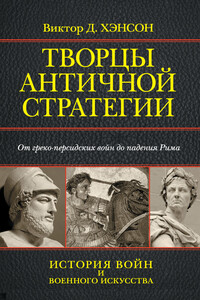Английский язык для специальных и академических целей: Международные отношения и зарубежное регионоведение. Часть 1 | страница 69
US Constitution, the priority placed on individual liberty, and the creativity and hard work of the American people. In this narrative, the United States enjoys an exceptional global position today because it is, well, exceptional.
There is more than a grain of truth to this version of American history. It's not an accident that immigrants came to America in droves in search of economic opportunity, and the “melting pot” myth facilitated the assimilation of each wave of new Americans. America's scientific and technological achievements are fully deserving of praise and owe something to the openness and vitality of the American political order.
But America's past success is due as much to good luck as to any uniquely American virtues. The new nation was lucky that the continent was lavishly endowed with natural resources and traversed by navigable rivers. It was lucky to have been founded far from the other great powers and even luckier that the native population was less advanced and highly susceptible to European diseases. Americans were fortunate that the European great powers were at war for much of the republic's early history, which greatly facilitated its expansion across the continent, and its global primacy was ensured after the other great powers fought two devastating world wars. This account of America's rise does not deny that the United States did many things right, but it also acknowledges that America's present position owes as much to good fortune as to any special genius or “manifest destiny”.
The United States Is Responsible for Most of the Good in the World
Americans are fond of giving themselves credit for positive international developments. President Bill Clinton believed the United States was “indispensable to the forging of stable political relations,” and the late Harvard University political scientist Samuel P. Huntington thought US primacy was central “to the future of freedom, democracy, open economies, and international order in the world” [...] Given all the high-fives American leaders have given themselves, it is hardly surprising that most Americans see their country as an overwhelmingly positive force in world affairs.
Once again, there is something to this line of argument, just not enough to make it entirely accurate. The United States has made undeniable contributions to peace and stability in the world over the past century, including the Marshall Plan, the creation and management of the Bretton Woods system, its rhetorical support for the core principles of democracy and human rights, and its mostly stabilizing military presence in Europe and the Far East. But the belief that all good things flow from Washington's wisdom overstates the US contribution by a wide margin.


